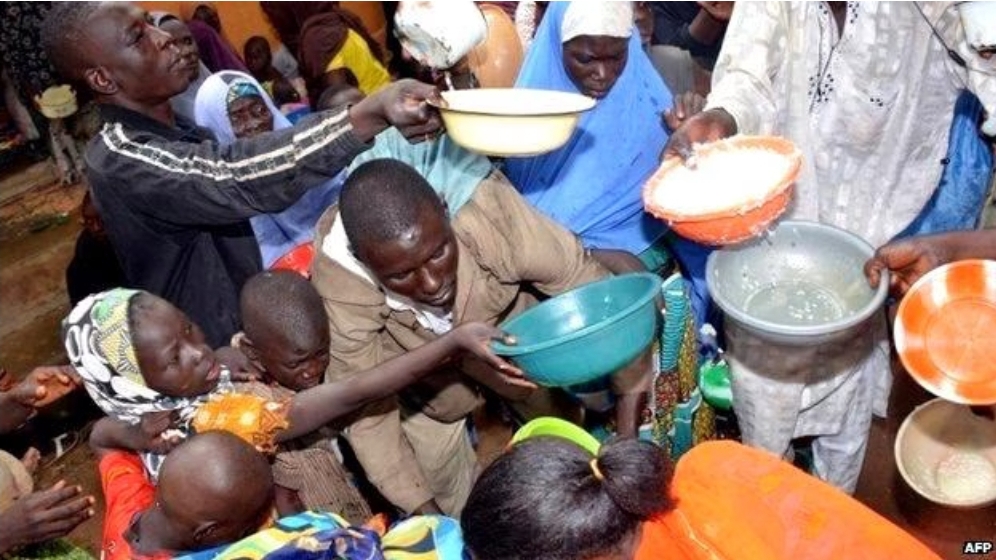855
By Myke Agunwa
While some developing economies are putting up strategies to ensure that food security is achieved, staff of Federal Ministry of Agriculture and Food Security have resorted to Divine intervention to enable the government achieve food security in Nigeria.
In a memo from the Director of Human Resource Management, Ref. No: AGR/12S,27/109/1/12, dated June 11, 2025, directed to all the staff in the Ministry and signed by Adedayo Modupe which was intercepted by pointblanknews.com, the Director invited all staff to a three-day prayer and fasting.
The memo reads, “This is to invite all staff of Federal Ministry of Agriculture and Food Security to a solemn prayer session for God’s guidance and success in supporting the Government’s efforts to achieve food security. Theme: Divine Intervention for Protection and National Development. Venue: Conference Hall “B” FMAFS Headquarters, Area 11, Abuja. Time: 12:00 – 12:30 prompt.
“Please Kindly come fasting on Mondays 16th, 23rd and 30th June, 2025.”
Following the high cost of food in the country, President Bola Tinubu administration launched an ambitious response involving emergency imports, crop boosting, mechanization, livestock modernization, strategic reserves, and infrastructure. While the framework is comprehensive, the impact on easing food prices and stabilizing production is yet to bring down the cost of food in the market.
In 2025, the federal government budgeted about ₦826.5 billion which is 1.52 percent of the N54.2 trillion total budget to agriculture.
Note that the Malabo Declaration proposed 10% of national budgets for agriculture. This implies that Nigeria’s budget falls short of international recommendations.
According to the latest World Bank data, about 47% of Nigerians live in poverty, with 30.9% surviving on less than $2.15 per day. It stated that poverty is more severe in rural areas, affecting 75.5%, compared to 41.3% in urban zones.
The report went further to state that over 95 million people live in poverty, while 133 million are multi-dimensionally poor, lacking access to healthcare, education, and basic services. Rising inflation, insecurity, food shortages, joblessness, and climate disasters have worsened the crisis, with many families skipping meals.



